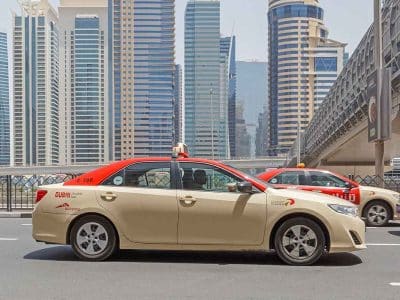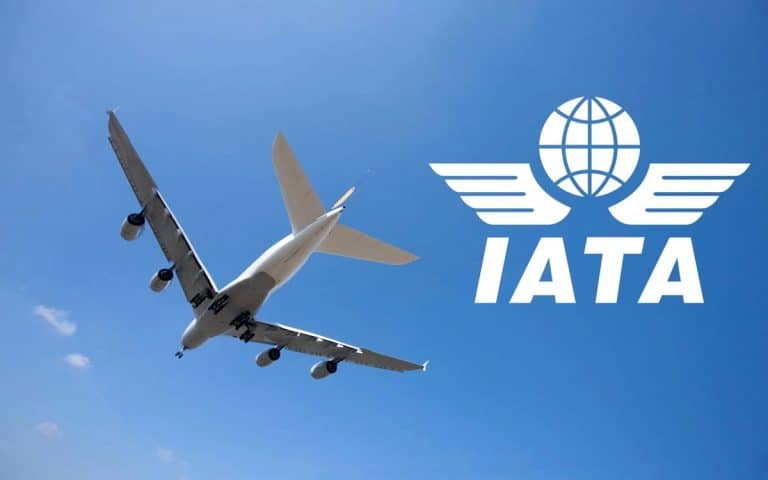Airline passengers are increasingly demanding a fully digital travel experience, according to the International Air Transport Association (IATA)’s 2025 Global Passenger Survey (GPS).
The report highlights two defining trends: growing reliance on smartphones and the rapid expansion of biometric identity systems that make airport journeys faster and more seamless.
Nick Careen, IATA’s Senior Vice President Operations, Safety and Security, said: “Passengers want to manage their travel the same way they manage many other aspects of their lives—on their smartphones and using digital ID.
“As experience grows with digital processes from booking to baggage claim, the message that travellers are sending in this year’s GPS is clear: they like it, and they want more of it.
“There is an important caveat which is the need to continue building trust, so cybersecurity remains a priority.”
Mobile reliance rising
The survey found that mobile devices now dominate almost every stage of the passenger journey — from booking and payments to check-in, immigration, and boarding.
More than half of travellers (54 per cent) now prefer dealing directly with airlines, and mobile apps are their fastest-growing channel.
Airline websites remain the most popular booking option at 31 per cent, but that share has fallen from 37 per cent in 2024.
Web apps are gaining ground, rising to 19 per cent in 2025, up from 16 per cent a year earlier — a trend led by younger passengers (25 per cent).
Payment methods are also shifting. Credit and debit card use has dropped from 79 per cent in 2024 to 72 per cent in 2025, while digital wallet use has jumped from 20 per cent to 28 per cent. Instant payments such as IATA Pay have grown from 6 per cent to 8 per cent.
Meanwhile, 78 per cent of passengers now want to use a single smartphone platform combining a digital wallet, passport, and loyalty cards.
Electronic bag tag adoption also climbed from 28 per cent in 2024 to 35 per cent in 2025, allowing travelers to generate their own tags during check-in.
Biometric adoption accelerates
Biometric technology is becoming a defining feature of modern air travel. Half of all passengers (50 per cent) have used biometrics at some stage in their airport journey — up from 46 per cent in 2024 — most commonly at security (44 per cent), exit immigration (41 per cent), and entry immigration (35 per cent).
Satisfaction levels are high, with 85 per cent of users reporting positive experiences. A further 74 per cent say they would share their biometric data if it allowed them to skip passport and boarding pass checks.
However, privacy remains a key barrier: 42 per cent of those currently unwilling to share their biometric data said they would reconsider if data protection was guaranteed.
Careen said the next step lies with governments: “Passengers are already using biometrics for different stages of their journey, from check-in to boarding.
“But to make the international travel experience fully digital, governments need to start issuing digital passports and enable their secure recognition across borders.”
Middle East leads in digital engagement
The survey found that Middle East passengers rank among the world’s most satisfied travellers, placing third overall.
They display strong loyalty to airlines and airports with good service reputations and are highly digitally engaged — with widespread use of digital wallets and enthusiasm for smartphone-based travel credentials.
Loyalty and service quality remain defining priorities for travellers in the region.
Traveller profiles: younger passengers drive change
- Male travellers are faster to adopt airline apps and biometrics, showing above-average interest in smartphone-only journeys
- Female passengers are catching up steadily but remain more focused on reliability, reputation, and trust
- Younger travellers (26 and under) lead in digital adoption, with stronger preferences for apps, digital wallets, and biometrics — though they also demand stronger privacy assurances and report lower satisfaction rates overall








